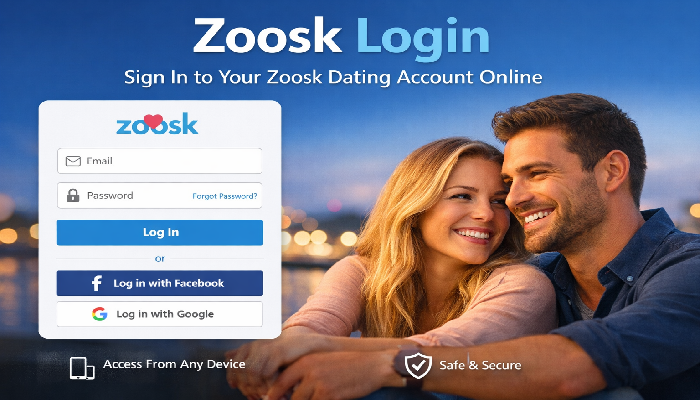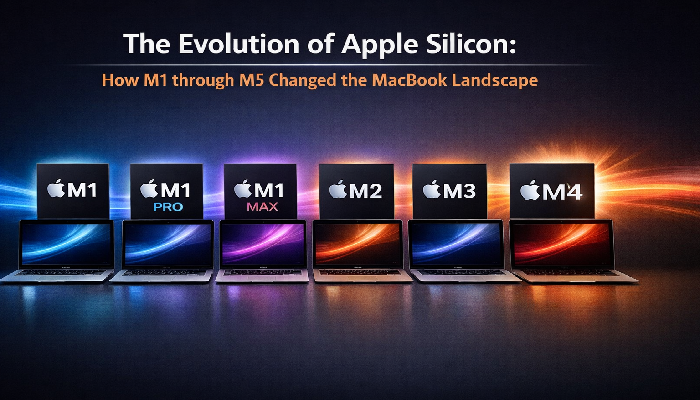If you’re like the rest of us, you probably spend a lot of time online. Whether it’s for entertainment or work purposes, the internet has become an integral part of our lives. It’s so incorporated into everything we do that we carry it around in our pockets and access it whenever we need to benefit from the vast stores of knowledge that inhabit it. So, why isn’t browsing as easy as it should be? Sometimes content is locked or inaccessible due to the region. Other times, privacy is needed for interacting online. It doesn’t matter if you’re doing a financial activity, setting up travel plans, or just looking into life or disability insurance. You need to safeguard your privacy. That’s where a virtual private network can help. VPNs are a way to simplify the browsing experience while maintaining privacy integrity in every session. Here are five ways a VPN makes browsing easier.
Data Encryption
Encryption is one of the single most important functions of a VPN service. VPNs use a mix of public-key encryption, symmetrical encryption, and hash checking to encrypt data in transit. Encrypting your data keeps it safe and private, and (hopefully) out of the hands of hackers. Many VPNs use public-key encryption to encrypt the data that it sends while you browse. So how does that work? It’s pretty simple. The public server uses the VPN’s key to encrypt a key that it sends to your computer. Your computer then uses its own private key to decrypt the data. It’s a simple, yet effective process.
Privacy
Keep in mind that VPNs are not antivirus software or firewalls. They don’t function in the same way to prevent malware and spyware from infiltrating your system. But they do help maintain privacy and security by encrypting user data and concealing information from the internet service provider (ISP). You still need to maintain a measure of common sense cybersecurity procedures. Obviously, if a website seems illegitimate or suspicious it’s best not to visit. Similarly, watch out for phishing emails because a VPN will not protect you from such things. Most ISPs can sell your browsing history to the highest bidder —and many of them likely will—so using a VPN to redirect your internet traffic and prevent tracking of that history is essential in a world where every corporation wants to monetize its users in any way possible.
Easy Use and Installation
Unlike some other types of software and protection suites, vpns come with a very low learning curve. It’s actually quite easy to install and use them. Some browsers actually offer free VPN services while other security companies will offer free low-grade VPNs. But there are also professional quality, enhanced VPN subscriptions that are worth exploring depending on the type of work you’re doing online. Getting A VPN pro subscription might be a good idea for your work or organization. Some of the many awesome perks of getting a pro-VPN subscription include no bandwidth or data cap limits, increased protection, using a single account across multiple devices, and some measure of web threat protection. At the end of the day, it may be better to go with a pro subscription for the most comprehensive protection package.
Concealed Usage Data
Fun fact: removing your browsing history doesn’t actually remove the history itself or conceal it from your ISP. One of the reasons people like to use Virtual private networks is because they can help conceal some types of data. This contributes to privacy as well as peace of mind. So, what can a VPN conceal? It uses a proxy to shield your identity and location. This hides that information from your ISP so they can’t sell your data or track it. Whether you’re looking to secure personal data, encrypt files, or avoid intrusions, a VPN provides these tools and more. There are plenty of reasons to do this. Let’s say you’re doing some financial transactions or checking out locations on a map. If you don’t want that data to be accessible to your ISP, a VPN can help you conceal it. If you’re looking to do any kind of work that involves personally identifiable information, then using a VPN will enhance your privacy significantly.
Open Up Other Regions

Have you ever wanted to watch a television show or other piece of video content, but discovered you can’t due to region locking? Geo-blocking it’s pretty common when trying to access content that’s based in another country or region. Your VPN can spoof your location to allow you access to geo-blocked content. Of course, it does come with a few caveats. It might slow things down a little bit, and some geo-blocked sites might end up banning the private IP address provided by the VPN entirely. All things considered, however, using a VPN to circumvent Geo-blocking is certainly something many of them can do but may not be possible with every option that’s out there.







